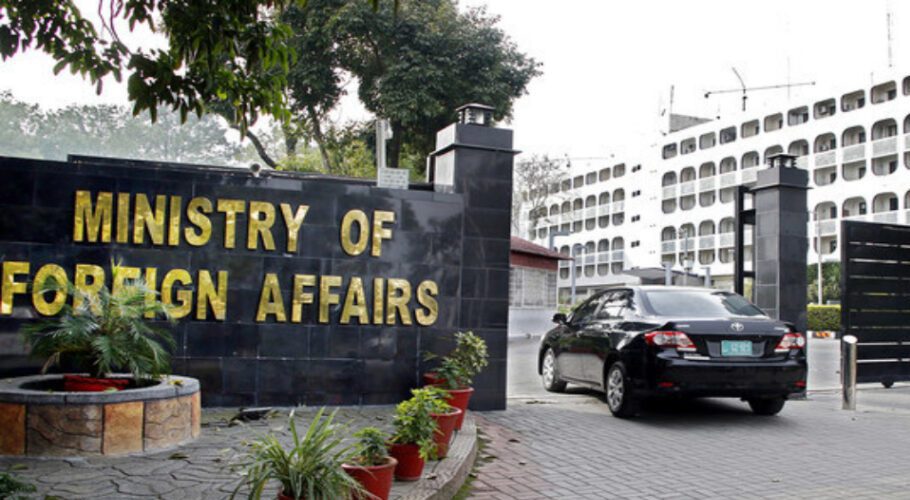The current pneumonia outbreak in Punjab presents a severe health crisis, with 244 deaths reported in January across the province and a rising number of daily cases. This surge constitutes a public health emergency, particularly affecting children who are more susceptible to the disease.
Unlike past outbreaks attributed to extreme cold weather, the current spread, especially in Lahore, is believed to be caused by pervasive unhealthy air and smog during this winter season.
Addressing this crisis necessitates not only an escalation of healthcare provision but also a crucial emphasis on general awareness. Providing initial home-bound care can significantly enhance the chances of recovery. While pneumonia is a life-threatening ailment, timely medical intervention and home precautions are pivotal for saving lives. The urgency of the situation in South Punjab underscores the need for prompt measures, including vaccination drives.
Lahore stands out as a hotspot for the disease, leading healthcare providers to increasingly attribute it to smog. The long-standing impact of smog on respiratory health cannot be denied. With the entire province experiencing extremely cold temperatures, the detrimental effects of smog and pollution have intensified. While closing schools is effective during known outbreaks, the current circumstances call for a reassessment of such decisions.
Pneumonia predominantly affects vulnerable populations such as babies, infants, and the elderly. Therefore, proactive decisions regarding schools should be reconsidered as a precautionary measure.
The immediate priority is to protect the vulnerable population from pneumonia and prevent avoidable fatalities. The combined efforts of the provincial healthcare setup should be directed toward supporting people by providing the care they need. In situations where provincial capacity falls short, the federal government should step in to offer assistance.


























